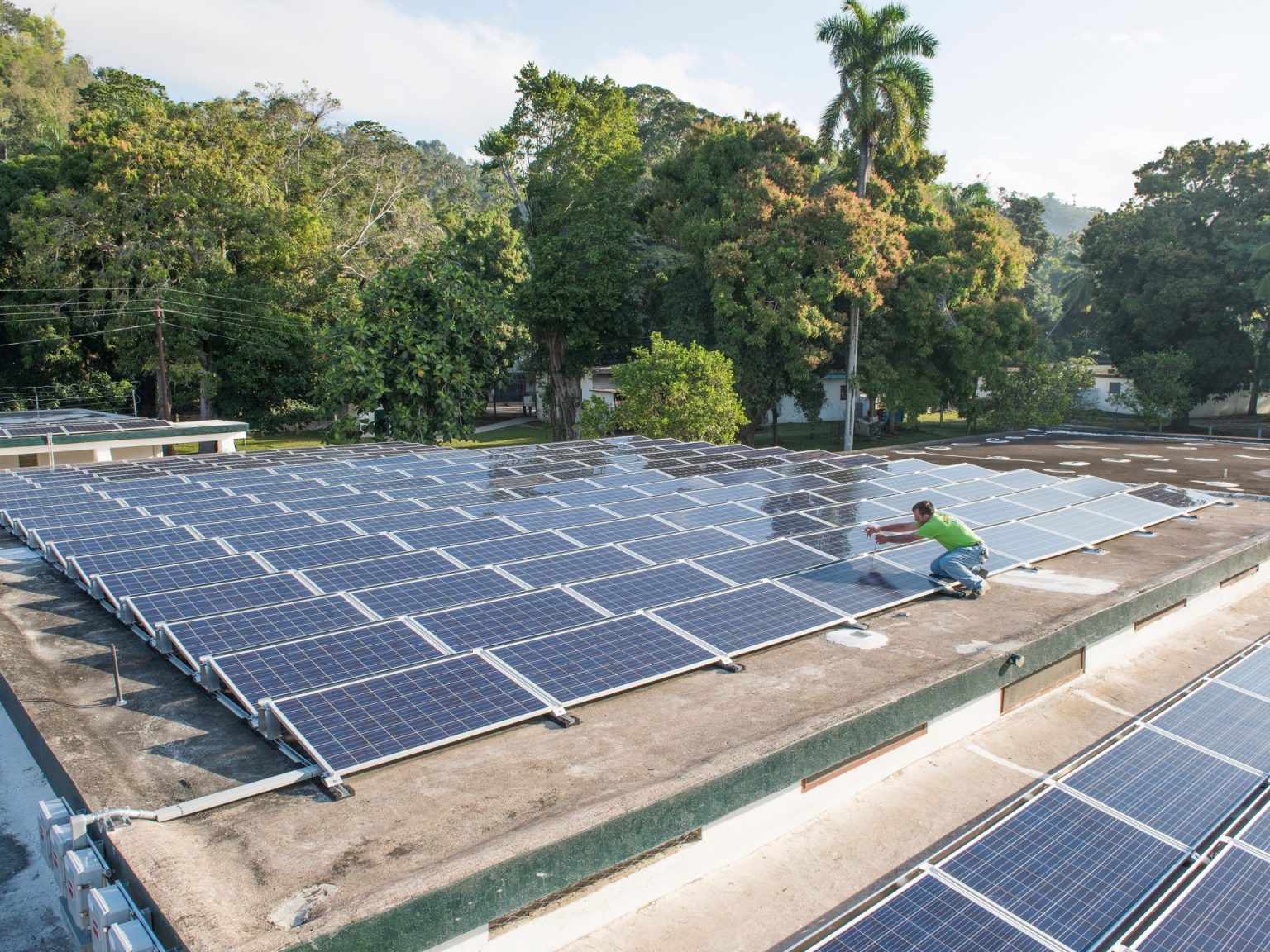Earlier this year, my paternal grandmother passed away in Haiti, prompting my father to consider attending her funeral but ultimately deciding against it due to safety concerns. The escalating armed conflict in Port-au-Prince had resulted in more than 2,500 deaths and the displacement of 300,000 people, forcing many to seek refuge in other cities. However, the living conditions of internally displaced persons remained harsh, with insufficient aid and a sense of isolation contributing to their plight.
The deteriorating situation in Haiti can be attributed to years of mismanagement, corruption, and violence that have eroded the social fabric of the country. Despite these challenges, the international response has primarily focused on proposing a $600m security mission, raising doubts among Haitians about the effectiveness of another foreign military intervention. The need for a new approach that addresses the root causes of the crisis and fosters unity among Haitians has become increasingly apparent.
Haitian writer Edwidge Danticat has called for a revival of communal resolve and unity to overcome the country’s challenges, advocating for a rebuilding project that prioritizes sustainability, economic redistribution, and social services. A Green New Deal for Haiti could address systemic issues by investing in renewable energy projects, improving infrastructure, and creating sustainable jobs. This approach aligns with historical examples of successful development programmes in other regions, offering a blueprint for revitalizing Haiti’s economy and society.
The implementation of a Haitian Green New Deal would require addressing key issues such as the country’s external debt, securing funding from neighboring countries and the United States, and tackling corruption at both domestic and international levels. By forgiving Haiti’s external debt, reframing the political engagement with the country, and strengthening anticorruption measures, the Green New Deal could provide a long-term solution to the crisis while promoting economic prosperity and stability. Encouraging regional cooperation and support for Haiti’s development is crucial in realizing this vision.
The Green New Deal would focus on developing not only the capital, Port-au-Prince, but also peripheral cities and rural areas to address socioeconomic inequalities and improve the quality of life for all Haitians. By empowering local communities and prioritizing social issues over security concerns, the plan aims to rebuild state institutions, provide essential services, and create a sense of security and stability. Investing in sustainable development projects can help reduce reliance on gangs and foster a more resilient and inclusive society.
As Haitians continue to grapple with the impact of violence and instability in their daily lives, the hope for a brighter future lies in embracing a new approach to development that values human lives and offers sustainable solutions. A Green New Deal for Haiti represents a transformative vision that emphasizes unity, sustainability, and economic prosperity, providing a path forward for rebuilding the country and empowering its people. This holistic and people-centered approach holds the potential to bring about lasting change and revitalization in Haiti, ultimately reshaping its trajectory towards a more prosperous and secure future.


